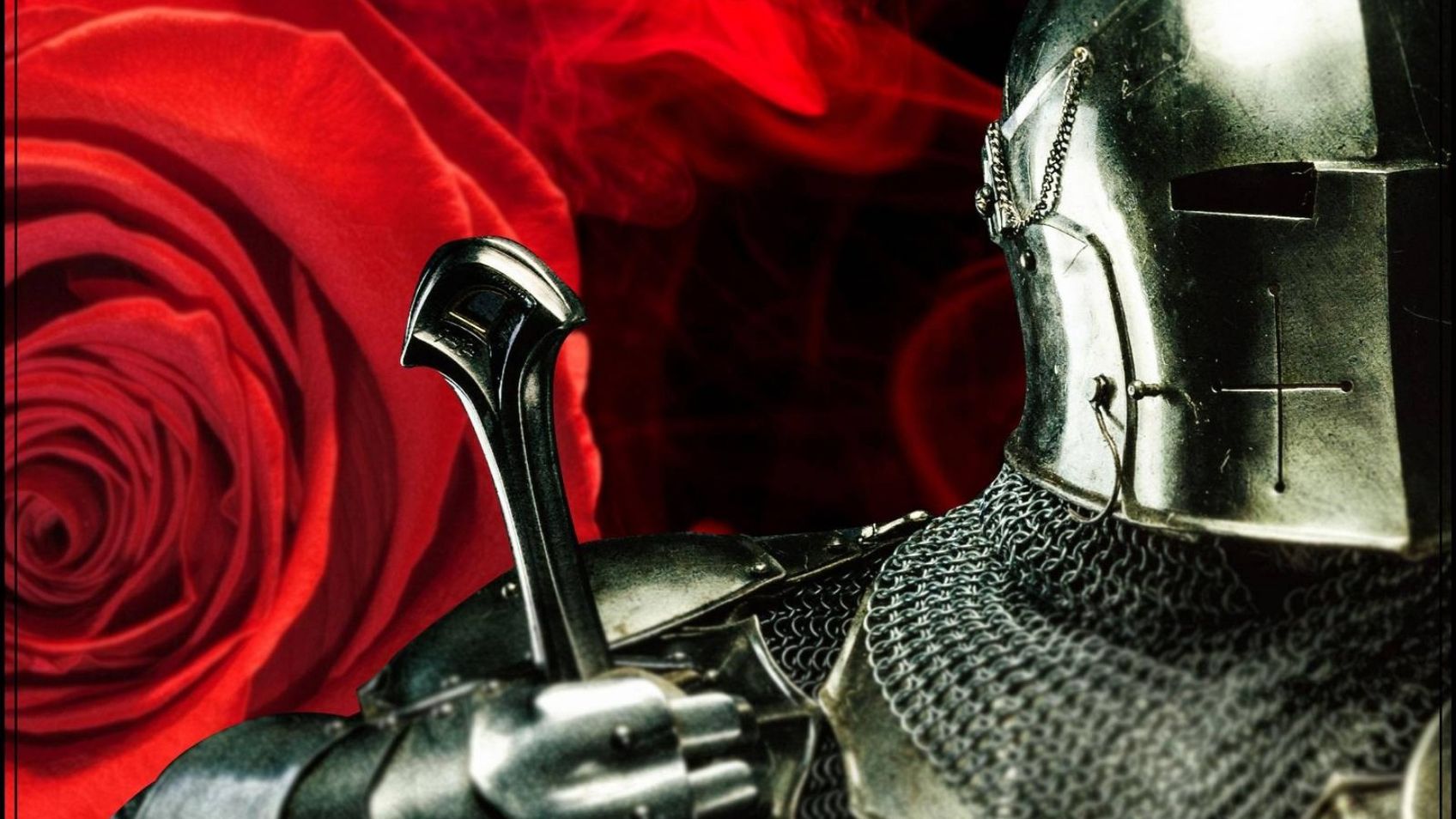
J. Warner Wallace: Case Files: Murder and Meaning
Knight & Rose Show — Wintery Knight and Desert RoseJ. Warner Wallace: Case Files: Murder and Meaning

Wintery Knight and Desert Rose welcome J. Warner Wallace to discuss his new graphic novel, co-authored with his son Jimmy, entitled "Case Files: Murder and Meaning". The book tells the story of police detectives trying to catch a dangerous serial killer. We discuss how the story raises questions about human value, morality, identity, and meaning - creating an opportunity for deeper conversations with a wider audience.
Please subscribe, like, comment, and share.
Show notes and transcript: https://winteryknight.com/2025/04/05/knight-and-rose-show-61-j-warner-wallace-case-files-murder-and-meaning
Subscribe to the audio podcast here: https://knightandrose.podbean.com/
Audio RSS feed: https://feed.podbean.com/knightandrose/feed.xml
YouTube: https://www.youtube.com/@knightandroseshow
Rumble: https://rumble.com/c/knightandroseshow
Odysee: https://odysee.com/@KnightAndRoseShow
Music attribution: Strength Of The Titans by Kevin MacLeod Link: https://incompetech.filmmusic.io/song/5744-strength-of-the-titans License: https://filmmusic.io/standard-license
More From Knight & Rose Show






More on OpenTheo














